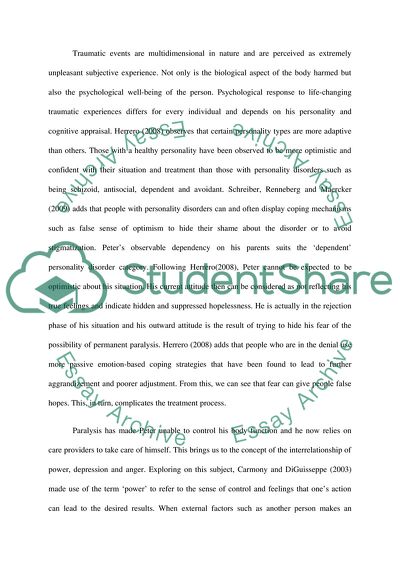Cite this document
(“Anger and Fear in Post-Traumatic Experiences Essay - 13”, n.d.)
Anger and Fear in Post-Traumatic Experiences Essay - 13. Retrieved from https://studentshare.org/nursing/1564074-case-study
Anger and Fear in Post-Traumatic Experiences Essay - 13. Retrieved from https://studentshare.org/nursing/1564074-case-study
(Anger and Fear in Post-Traumatic Experiences Essay - 13)
Anger and Fear in Post-Traumatic Experiences Essay - 13. https://studentshare.org/nursing/1564074-case-study.
Anger and Fear in Post-Traumatic Experiences Essay - 13. https://studentshare.org/nursing/1564074-case-study.
“Anger and Fear in Post-Traumatic Experiences Essay - 13”, n.d. https://studentshare.org/nursing/1564074-case-study.


